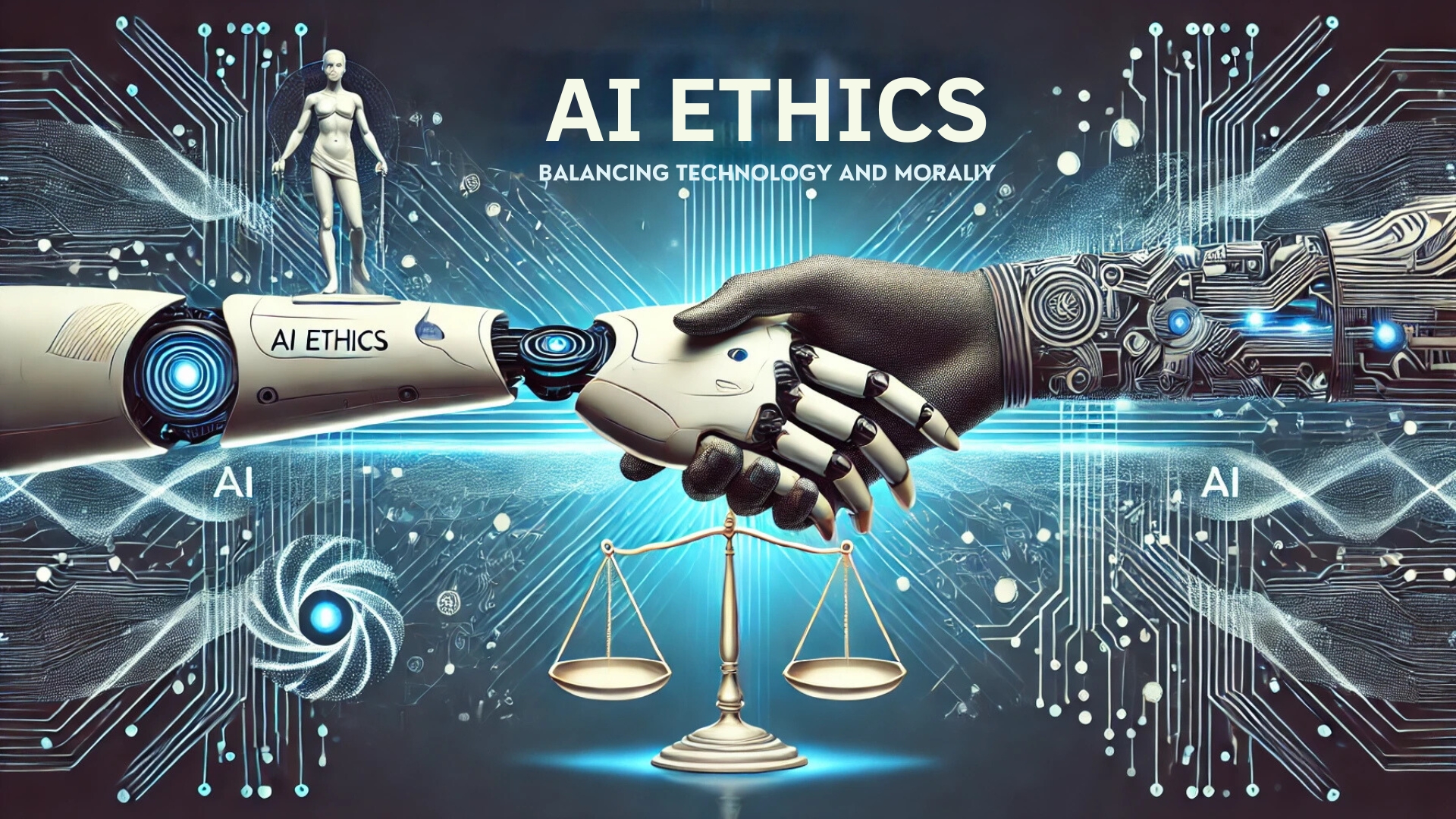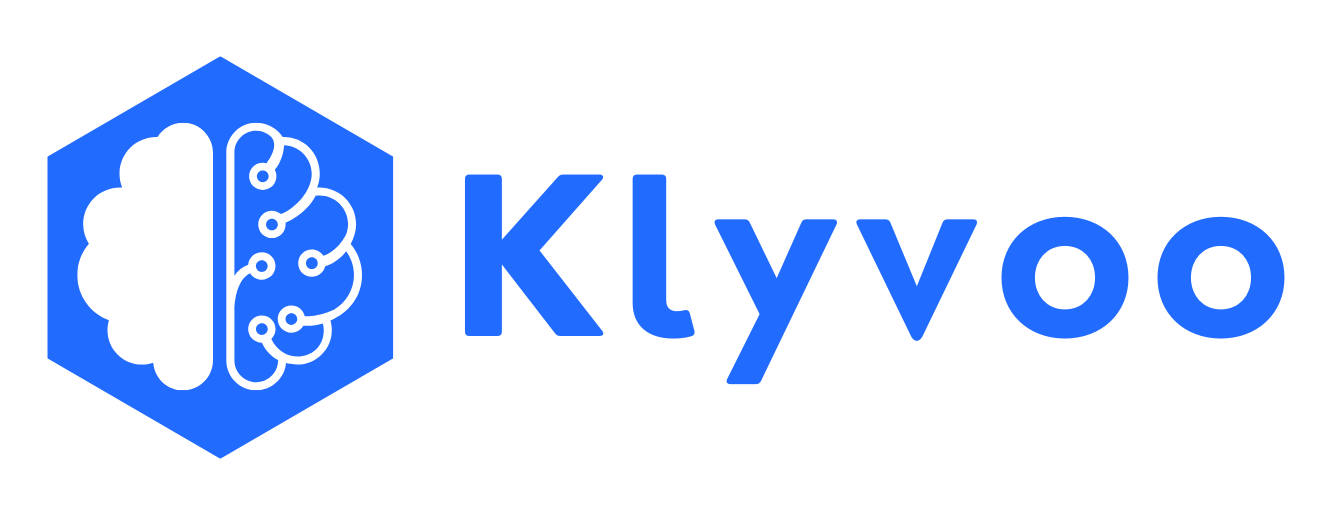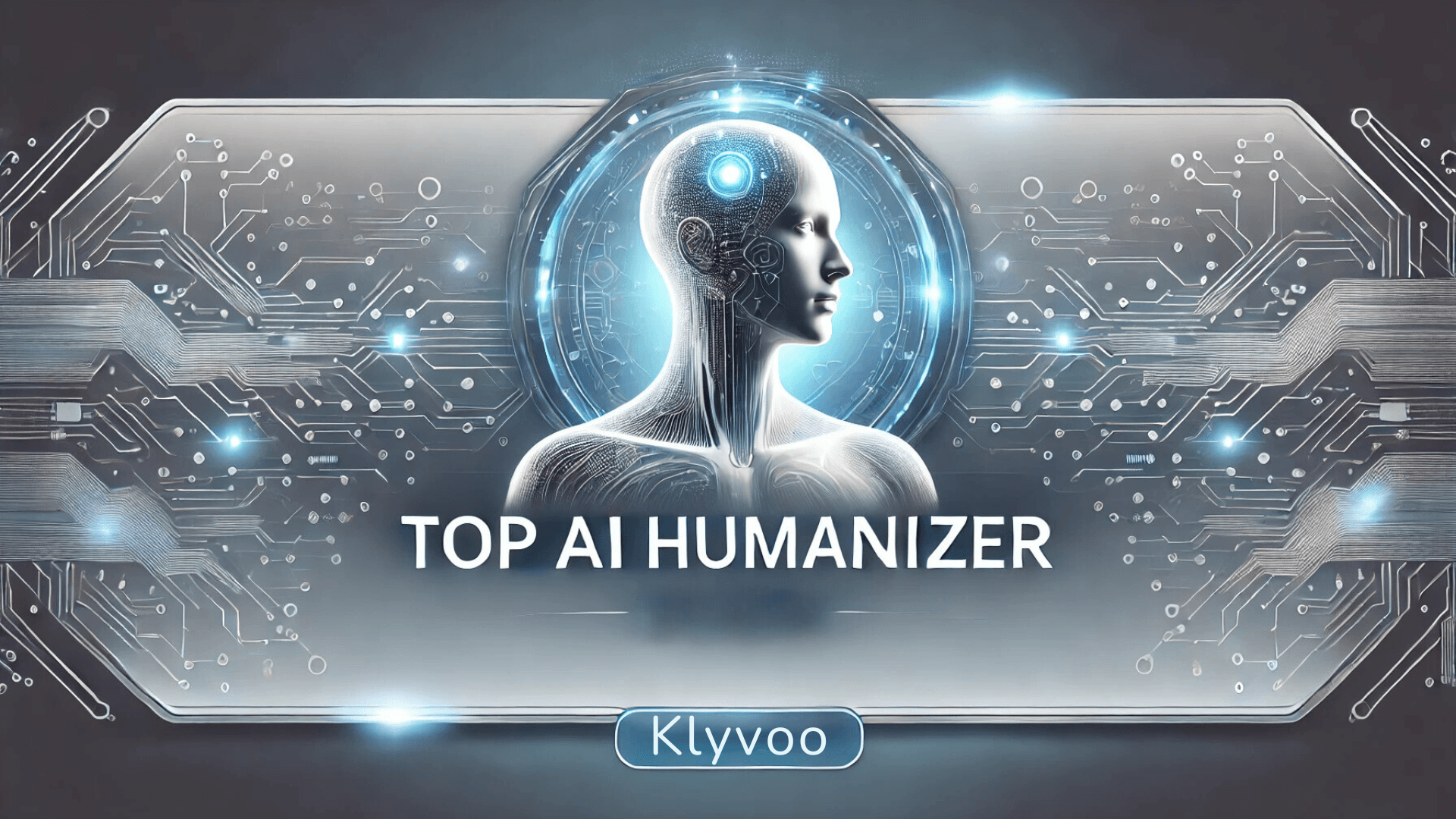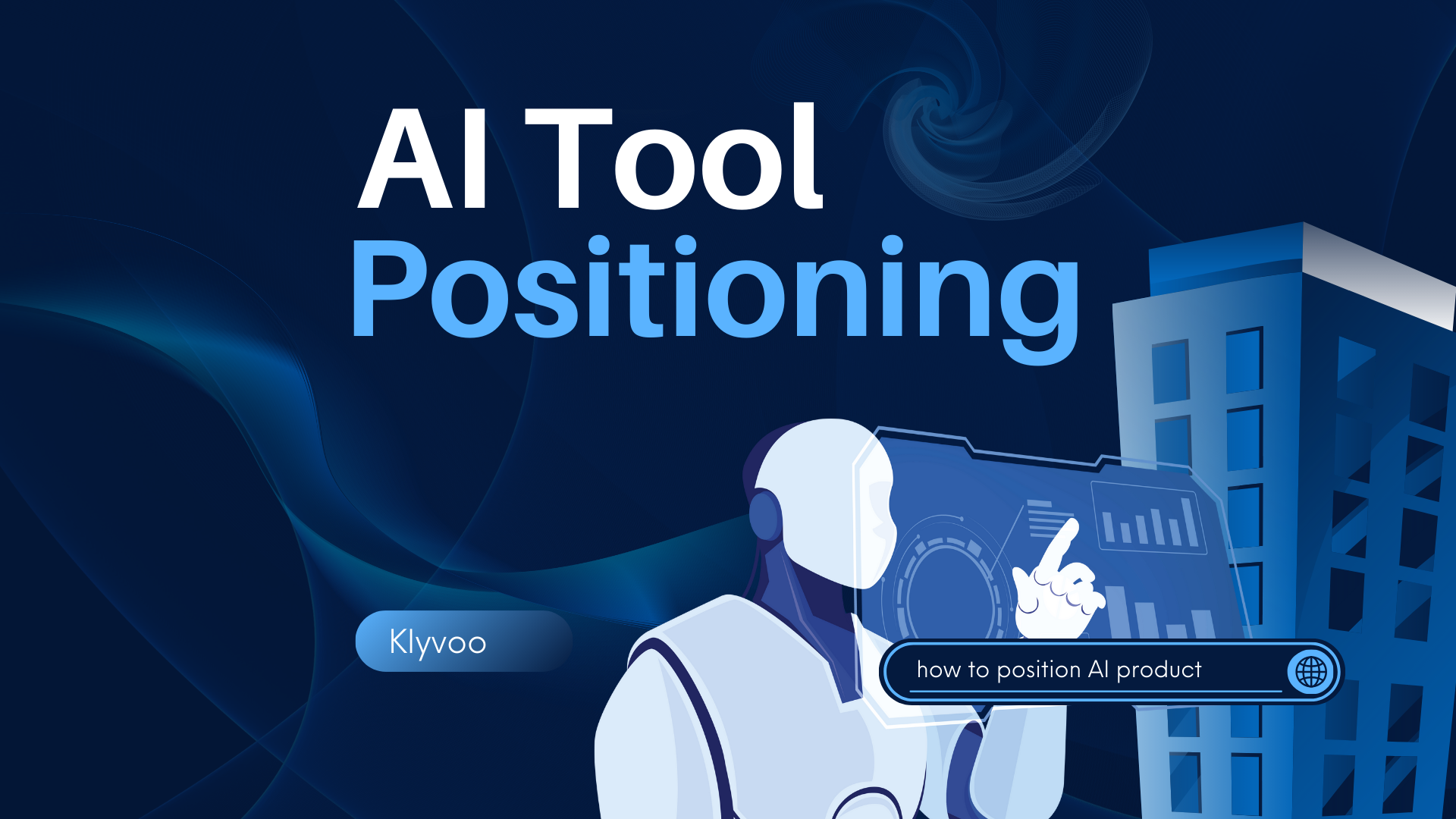Artificial Intelligence (AI) is no longer a futuristic concept; it’s a driving force shaping industries, societies, and economies. From personalized recommendations on streaming platforms to advanced diagnostics in healthcare, AI has become deeply ingrained in our daily lives. However, with this transformative potential comes a pressing need for responsibility. This is where AI ethics comes into play.
AI ethics refers to a set of principles and guidelines that govern the development and deployment of AI systems in a manner that aligns with societal values and safeguards human rights. As AI continues to evolve, so do the challenges of ensuring fairness, accountability, and transparency.
In this blog, we will explore AI ethics, highlight its importance in shaping a fair and inclusive digital future, and discuss actionable best practices for ensuring that AI is deployed responsibly and ethically across industries.

What Is AI Ethics?
At its core, AI ethics is the framework that guides the responsible development and use of artificial intelligence technologies. It ensures that AI systems achieve technological goals and align with moral, social, and legal standards.
Key Principles of AI Ethics:
- Fairness and Non-Discrimination: Ensuring AI does not perpetuate bias or inequality.
- Transparency: Making AI processes and decisions understandable.
- Accountability: Holding stakeholders responsible for AI outcomes.
- Privacy and Security: Protecting user data from misuse or breaches.
Historical Evolution of AI Ethics
AI ethics began as a theoretical discussion among researchers concerned about the implications of intelligent systems. Over the years, this dialogue has transitioned into actionable frameworks. Organizations like the European Commission and UNESCO have developed guidelines emphasizing ethical AI practices, while private companies are creating internal AI ethics committees to address potential risks.
In practical terms, AI ethics now informs everything from the algorithms powering hiring tools to the policies governing autonomous vehicles.
The Core Principles of AI Ethics
1. Fairness and Non-Discrimination
AI systems must be designed to treat all individuals equally, avoiding bias based on factors such as race, gender, or socioeconomic status. For example:
- In hiring algorithms, fairness ensures that candidates are evaluated solely on their qualifications, not by factors influenced by biased datasets.
- Lending applications rely on fairness to prevent discriminatory practices in determining creditworthiness.
Example: In 2019, a major tech company faced criticism when its AI recruitment tool was found to favor male candidates over female ones. This sparked industry-wide efforts to address bias in training datasets.
2. Transparency
Transparency involves making AI systems and their decision-making processes explainable to stakeholders. This is particularly critical in sensitive sectors like healthcare, where AI recommendations can impact life-or-death decisions.
Real-World Application: IBM’s Watson for Oncology explains its treatment recommendations, enabling doctors to make informed decisions while maintaining trust.
Transparent AI ensures users understand:
- How decisions are made.
- What data was used.
- The potential limitations of the system.
3. Accountability
When AI systems fail, who takes responsibility? Accountability ensures that organizations remain answerable for their AI’s actions and outcomes.
Key components include:
- Human Oversight: Ensuring a human is in the loop for critical decisions.
- Failure Mitigation: Clear protocols to address malfunctions or errors.
Example: The deployment of autonomous vehicles has highlighted accountability challenges, such as determining faults in self-driving car accidents. Tesla, for instance, continuously refines its systems to minimize risks and clarify accountability.
4. Privacy and Security
AI systems often handle vast amounts of personal data, making privacy and security paramount. Organizations must ensure compliance with regulations like the General Data Protection Regulation (GDPR) to avoid misuse or breaches.
Privacy in AI includes:
- Encrypting sensitive data.
- Anonymizing user information.
- Obtaining informed consent for data collection.
Importance: Recent studies indicate that 85% of consumers prioritize data privacy, which is critical in fostering trust in AI technologies.
Why Is AI Ethics Important?
The rapid growth of artificial intelligence is transforming industries, but it also raises ethical concerns that demand attention. Implementing AI ethics isn’t just a moral obligation—it’s a strategic necessity for businesses, governments, and individuals. Here’s why:
1. Building Public Trust
Public trust is the cornerstone of successful AI adoption. Demonstrating responsible use of AI fosters confidence among users, stakeholders, and society at large.
Case Study:
In 2020, Apple faced scrutiny over its credit card AI, which allegedly offered women lower credit limits than men with similar financial profiles. Although the company denied wrongdoing, this incident underscored the importance of transparency and fairness in AI systems. Companies like Google are now focusing on Explainable AI (XAI) to ensure users understand how decisions are made, thereby building trust.
Stat: A 2022 PwC report revealed that 75% of consumers are more likely to use AI services from companies that demonstrate ethical AI practices.
2. Preventing Harm
AI systems can unintentionally cause harm if ethical considerations are ignored. Bias in algorithms, surveillance misuse, and unsafe applications can lead to discrimination, invasion of privacy, and even physical danger.
Example:
In 2018, an AI-powered health app misdiagnosed a user’s symptoms due to a lack of diverse training data. To prevent such issues, IBM Watson has implemented stricter data governance policies, emphasizing the importance of diverse and accurate datasets.
Importance: Responsible AI mitigates risks and ensures positive societal impact, avoiding harm to vulnerable populations.
3. Aligning with Regulations
Global regulations like the EU’s General Data Protection Regulation (GDPR) and the Artificial Intelligence Act aim to standardize ethical AI practices. Companies must align their systems with these frameworks to avoid legal repercussions and maintain market access.
Case Study:
In 2021, Clearview AI faced multiple lawsuits for using facial recognition technology without user consent, violating privacy laws in several countries. This highlighted the need for robust compliance measures.
Stat: By 2024, Gartner predicts that 75% of large enterprises will have formalized AI risk and ethics policies to comply with global regulations.
4. Driving Innovation
Contrary to the belief that ethics stifles innovation, ethical AI fosters sustainable and equitable progress. It ensures that advancements benefit everyone while minimizing risks.
Example:
Microsoft’s AI for Good initiative invests in projects like precision farming and accessibility tools, proving that ethical AI can drive meaningful innovation.
Importance: Ethical AI attracts funding, partnerships, and public support, ensuring long-term success.
Examples of AI Ethics in Action
1. Facial Recognition Technology
Facial recognition technology has sparked ethical debates due to concerns over bias and surveillance misuse.
- Challenge: Studies show that facial recognition systems are less accurate for people with darker skin tones.
- Response: Microsoft and IBM have withdrawn their facial recognition products from law enforcement, advocating for stronger regulations.
2. AI in Hiring Processes
AI-powered hiring tools can inadvertently perpetuate bias if not designed ethically.
Success Story:
LinkedIn implemented an AI fairness toolkit to reduce gender bias in job recommendations. This resulted in a 30% improvement in equitable job matches across genders, setting a benchmark for ethical recruitment AI.
3. Autonomous Vehicles
Autonomous vehicles face complex ethical dilemmas, such as life-or-death decision-making during accidents.
Case Study:
Tesla and Waymo collaborate with regulators to align their self-driving algorithms with ethical standards, ensuring transparency and accountability in crash scenarios.
Regulation: The US National Highway Traffic Safety Administration (NHTSA) has introduced guidelines to ensure the safety and ethical programming of autonomous vehicles.
4. Generative AI Tools
Generative AI tools like ChatGPT and DALL·E raise concerns about misinformation, copyright infringement, and malicious use.
Example:
OpenAI has implemented filters to block harmful outputs and uses watermarks to indicate AI-generated content, addressing ethical concerns in content creation.
Challenges in Implementing AI Ethics
1. Lack of Universal Standards
The absence of a unified global framework makes it challenging to implement consistent ethical practices. While the EU leads with initiatives like the Artificial Intelligence Act, other regions lag, creating a fragmented landscape.
2. Addressing Bias
One of the toughest challenges is bias in training data. AI systems trained on unrepresentative data can produce discriminatory outcomes.
Example:
Amazon’s AI recruitment tool was discontinued after it was found to favor male candidates, illustrating the complexity of eliminating bias in datasets.
3. Balancing Innovation with Regulation
While regulations ensure ethical practices, overly stringent rules may hinder innovation. Companies need to strike a balance between remaining competitive and adhering to ethical standards.
Stat: A Deloitte study shows that 56% of AI leaders believe strict regulations slow down innovation.
4. Scalability
It is a significant challenge to consistently apply ethical principles across large-scale AI systems. Companies must invest in infrastructure, training, and monitoring to ensure scalable ethical practices.
Example:
Google introduced the AI Principles Review Process to evaluate ethics at every stage of AI development, ensuring scalability without compromising values.
Best Practices for Ensuring AI Ethics in 2025
As artificial intelligence continues to reshape industries, ensuring ethical development and deployment is no longer optional—it’s imperative. To build trust and deliver sustainable value, companies must embed ethical practices into every phase of their AI workflows. Here are the best practices that every organization should adopt:
1. Incorporate Ethics from the Design Stage
Ethics cannot be an afterthought. Integrating ethical considerations at the design stage ensures that AI systems are aligned with societal values from the outset.
- Actionable Steps:
- Conduct impact assessments to evaluate how the AI might affect different user groups.
- Design models with fairness and inclusivity in mind, addressing potential biases in training data.
Example: Google’s PAIR (People + AI Research) initiative focuses on designing AI systems that prioritize fairness and inclusivity, showcasing how ethics can guide innovation.
2. Regular Audits and Monitoring
Ethical risks don’t end once AI systems are deployed. Regular audits ensure systems comply with ethical guidelines and adapt to new challenges.
- Actionable Steps:
- Implement AI-specific audit tools to detect biases or anomalies in system outputs.
- Monitor real-world performance and gather feedback to refine ethical practices.
Example: Microsoft conducts periodic reviews of its AI models, particularly in high-stakes applications like healthcare, to ensure ongoing ethical compliance.
3. Multidisciplinary Collaboration
Ethical AI development requires perspectives from multiple disciplines, including ethicists, technologists, legal experts, and social scientists.
- Why It’s Important:
- Ethicists can identify potential societal implications.
- Technologists can ensure that ethical guidelines are practical and feasible.
Example: IBM’s AI ethics board includes diverse experts, ensuring well-rounded decision-making and accountability.
4. User Empowerment
Users should have control over how AI systems interact with their data and influence decisions. Empowering users builds trust and enhances transparency.
- Actionable Steps:
- Provide users with clear explanations of how AI decisions are made.
- Offer opt-out options for data collection and AI-driven personalization.
Example: Spotify empowers its users by allowing them to customize AI-driven recommendations, giving them control over their listening experience.
5. Aligning with Global Standards
Following internationally recognized ethical frameworks ensures consistency and credibility. Organizations like UNESCO, OECD, and the European Union have developed guidelines that companies can adopt.
- Why It Matters:
- Aligning with global standards demonstrates a commitment to responsible AI use.
- It helps companies navigate complex regulatory environments.
Example: The AI Ethics Guidelines for Trustworthy AI by the EU have been adopted by many leading tech companies to ensure transparency, fairness, and accountability.
Future Trends in AI Ethics for 2025 and Beyond
AI ethics is set to become a central focus of tech policies and business strategies in the coming years. Here are some key trends shaping the future:
1. The Rise of AI Ethics in Policies
Governments worldwide are introducing stricter regulations to ensure ethical AI deployment. Countries like Canada, the UK, and Japan are crafting national AI ethics frameworks to complement global standards.
2. Ethical Considerations in Emerging Technologies
New technologies like quantum computing and neuromorphic chips are pushing the boundaries of AI. These advancements will require novel ethical frameworks to address issues like computational bias and decision-making accountability.
3. Businesses Prioritizing Ethics for Competitive Advantage
Companies prioritising ethical AI are gaining a competitive edge by fostering customer trust and loyalty. Investors are increasingly favouring businesses that demonstrate responsible AI use.
Stat: A Deloitte report found that 62% of consumers prefer brands committed to ethical AI practices, highlighting its growing importance in the marketplace.
FAQs About AI Ethics
1. What is AI ethics, and why is it important?
AI ethics is a framework of principles designed to ensure responsible AI development and deployment. It’s crucial for building trust, preventing harm, and fostering sustainable innovation.
2. What are the core principles of AI ethics?
The core principles include fairness, transparency, accountability, and privacy. These guide AI systems to operate responsibly and inclusively.
3. Can AI systems truly be unbiased?
While complete neutrality is challenging, reducing bias is achievable by diversifying training data, conducting audits, and incorporating fairness measures in system design.
4. How can companies ensure ethical AI practices?
Companies can incorporate ethics into the design phase, conduct regular audits, engage multidisciplinary teams, empower users, and align with global standards.
5. What role do governments play in regulating AI ethics?
Governments establish policies and frameworks to enforce ethical standards. They also provide guidelines for organizations to ensure compliance and accountability.
As AI continues to evolve, so must our approach to ethics. From design to deployment, ethical considerations must remain at the forefront to ensure AI benefits everyone while minimizing harm.
Organizations can lead the way in responsible AI development by adopting best practices like integrating ethics into workflows, conducting audits, and aligning with global standards.
The future of AI depends on the choices we make today. As stakeholders in this journey, it’s our collective responsibility to shape a world where AI enhances human potential without compromising values.
Ready to contribute to a more ethical AI future? Start by implementing these best practices in your AI strategies today!






